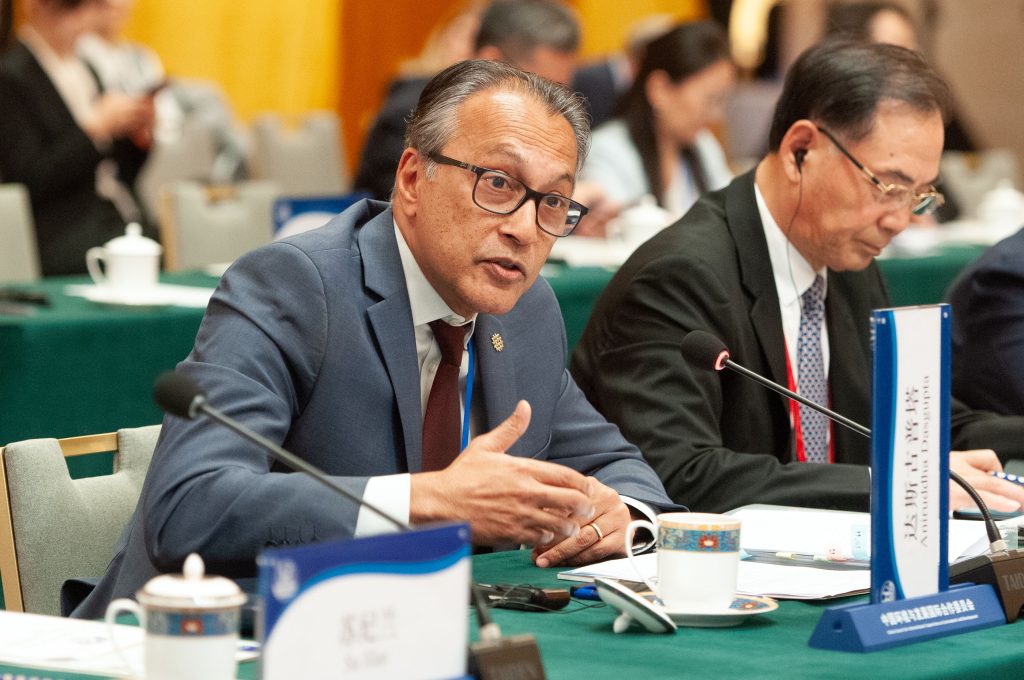World Resources Institute President Highlights Innovation as Key to Climate Progress Ahead of COP30

New York, September 24, 2025 — As the UN Climate Summit concludes, a surprising narrative emerges: technological innovation and private sector leadership are increasingly becoming the beacon of hope in the race to curb climate change.
While official government commitments through 2035 fall short of the necessary targets to keep warming below 1.5°C, a rising tide of breakthrough technologies and bold investments are reshaping the climate landscape. Industry leaders and startups are pioneering scalable solutions that could accelerate emissions reductions beyond what traditional policies aim for, hinting at a potential game-changer ahead of COP30.
Ani Dasgupta, President & CEO of the World Resources Institute, highlighted this trend: “Amidst concerning gaps in national commitments, private innovation is creating wildfire momentum. From super-efficient renewable tech to next-generation electric vehicles, these advancements are not only making cleaner choices more affordable but also turning climate action into economic opportunity.”
Recent data suggests that in sectors like energy and transportation, the costs of clean alternatives have plummeted—solar and wind are now the cheapest sources of electricity in numerous regions, and electric vehicle sales are skyrocketing worldwide. These shifts are proving crucial in countries where ambitious policies lag but where market forces are driving rapid decarbonization.
Experts warn that relying solely on technology and market trends won’t be enough, emphasizing the importance of stronger policies and international cooperation. Still, the speed and scale of current innovations demonstrate an optimistic path forward—one where technological ingenuity could bridge the gap between current pledges and the urgent climate imperatives.
As COP30 approaches, stakeholders hope that this wave of innovation will inspire nations to elevate their commitments. The window to leverage these solutions is narrow, but if harnessed effectively, technology-led climate action could be the catalyst needed to prevent catastrophic warming and secure a sustainable future.

SUBSCRIBE TO OUR NEWSLETTER



















